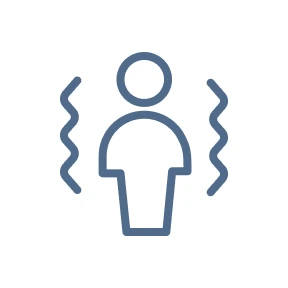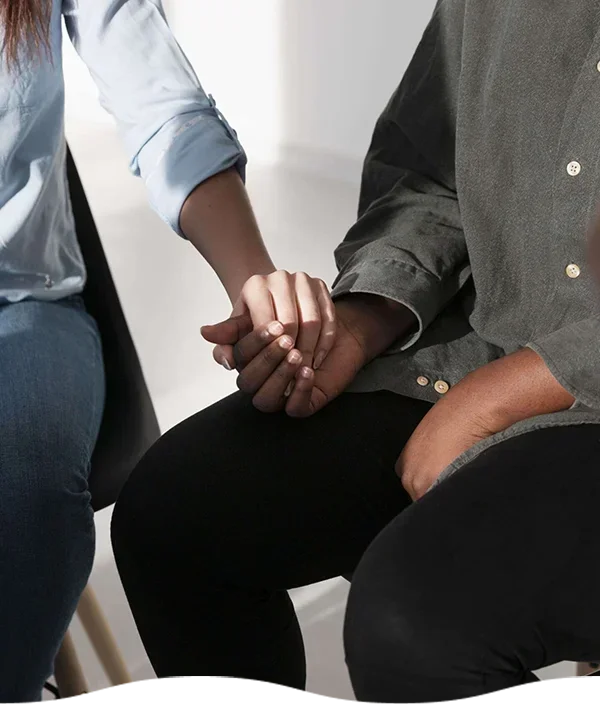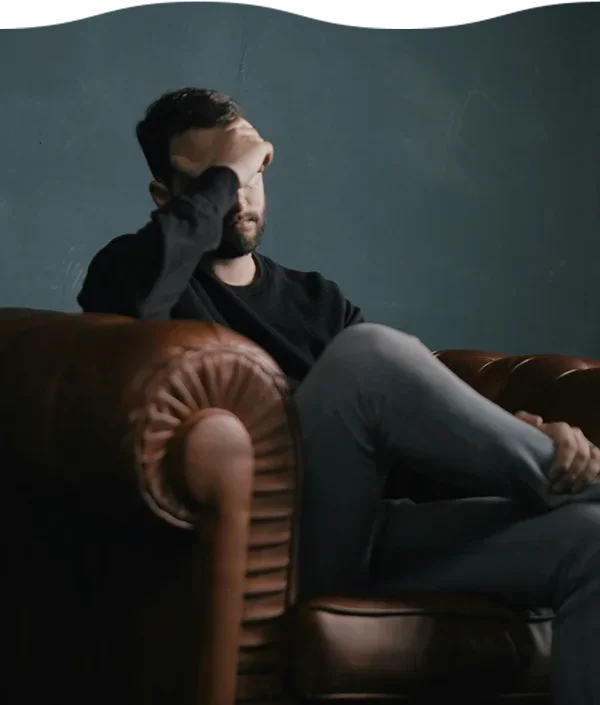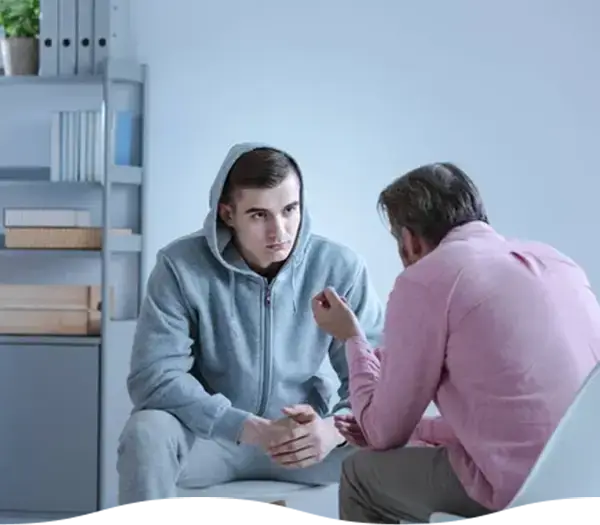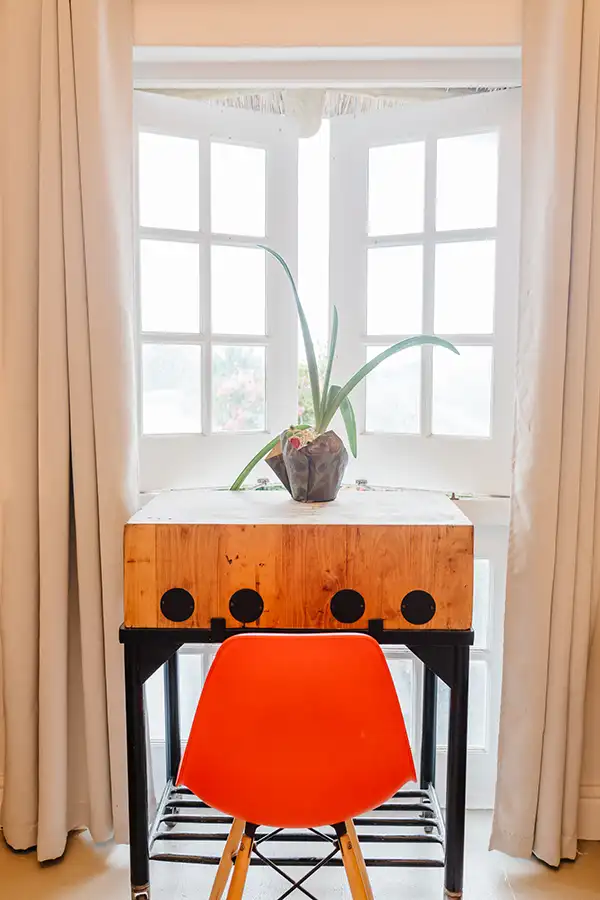
Primary Treatment
At our primary treatment centre in Cape Town, South Africa, patients will receive intensive care. The staff at this facility is available 24/7, ensuring that patients get continuous support. Another feature of this centre is that internet access is limited to designated tech slots, which can greatly limit a patient’s social media usage.




